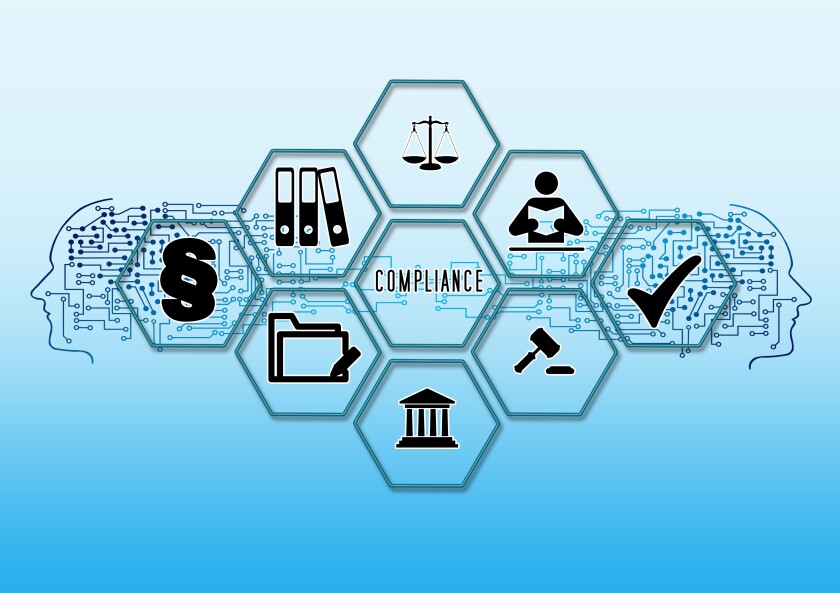Cooperative compliance programmes have been adopted in numerous countries all around the world. The primary objective is to develop a relationship between taxpayers and the tax authorities based on trust, cooperation, and transparency. These programmes aim to attain the utmost level of voluntary tax compliance and certainty.
A renewed focus on the international tax framework is emerging in relation to these cooperative compliance programmes. Discussions are taking place with regard to the feasibility of a multilateral approach as a viable evolution of the programmes. Notably, in 2022, the Wien University Global Tax Policy Center launched the next stage of cooperative compliance projects. A working group was formed to study the potential transition of moving from bilateral to multilateral cooperative compliance programmes. Noteworthy advancements have also unfolded within the OECD and the EU.
OECD projects
During the OECD Tax Certainty Day on November 14 2023, key information regarding the International Compliance Assurance Programme (ICAP) project’s statistics and results were unveiled, with a comprehensive release expected soon.
The ICAP, launched in 2018, functions as a voluntary programme designed for a multilateral cooperative risk assessment and assurance process. Stakeholders involved in successive pilot projects have reported a positive overall experience, deeming it a good approach for multilateral risk assessment. Notably, the statistics indicate that, on average, five administrations participate in an ICAP risk assessment. From the taxpayers’ perspective, there is particular appreciation for the opportunity to actively engage in discussion with the tax authorities.
EU initiatives
The pilot phase of the European Commission project known as the European Trust and Cooperation Approach has recently concluded. This non-legislative initiative aims to promote an EU cooperative compliance framework, specifically focusing on high-level risk assessment of the transfer pricing policies implemented by large multinational enterprises. A new pilot phase is expected to launch in 2024, which will extend the initiative to include small and medium-sized enterprises.
On October 3 2023, the EU Council’s Code of Conduct Group (Business Taxation) decided to conduct a mapping of cooperative compliance programmes in the EU. The primary goal is to verify that these programmes strictly align with ensuring tax compliance by the taxpayer and “do not result in substantive benefits that may lead to paying less tax” (see the annex to the multiannual work package).
Shifting the focus to domestic cooperative compliance, it is noteworthy that in Italy, strengthening this tax regime is one of the central points of the ongoing tax reform.
The Italian cooperative compliance regime: reform of the tax system
In 2015, Italy introduced a cooperative compliance regime, based on the concept of an ‘enhanced relationship’ already present in the tax systems of other countries. It has provided for new ways of constant and preventative dialogue with the Italian Revenue Agency, offering the opportunity to collaboratively assess situations with potential tax risks prior to the submission of tax returns. The primary goal was to cultivate a trust-based relationship between the tax administration and taxpayers, aimed at increasing certainty on relevant tax issues. This was reinforced by the inclusion of ex ante controls, which foster a joint evaluation of situations prone to generating tax risks.
Following several years of implementation, a revision was deemed necessary, influenced by the expressed needs and concerns of taxpayers.
Following Law No. 111 of 2023 for revising the national tax system, the government issued several legislative decrees, one of which pertains to a revision of the cooperative compliance regime. These legislative decrees are undergoing revisions by the Chamber of Deputies prior to receiving final approval and are therefore subject to change.
The draft of the legislative decree pertaining to cooperative compliance aligns with the aims outlined by the enabling law, focusing on broadening the range of eligible taxpayers and reinforcing the regime.
The legislative decree provides for:
Gradually reducing the entry threshold (currently set at €1 billion turnover/revenues) to €750 million from January 1 2024, ultimately reaching a final threshold of €100 million;
Admitting taxpayers within a group, where at least one entity qualifies for admission;
Introducing a certification process for the necessary tax control framework; and
Establishing a code of conduct that defines the rights and responsibilities of the Italian Revenue Agency and taxpayers.
Furthermore, the revision enhances additional benefits for admitted taxpayers, including:
A reduction of administrative and criminal penalties, potentially eliminating them if the tax risks are appropriately communicated in advance to the competent authorities under a certified tax control framework, excluding cases of tax fraud;
Extending the regime’s coverage to matters relating to tax periods preceding admission to the regime; and
Shortening the periods of limitation on the assessment of tax.
In Italy, the anticipated benefits introduced through the tax reform, for those who adhere to the cooperative compliance regime, are expected to enhance the efficacy of this collaborative interaction between the tax administration and taxpayers.
Although further ministerial decrees and regulations are required to fully implement these regulatory changes, there is optimism that these adjustments will contribute to an overall reduction of conflict between the tax administration and taxpayers.













